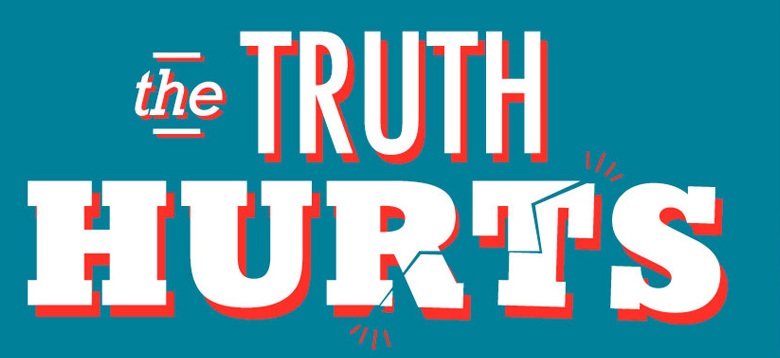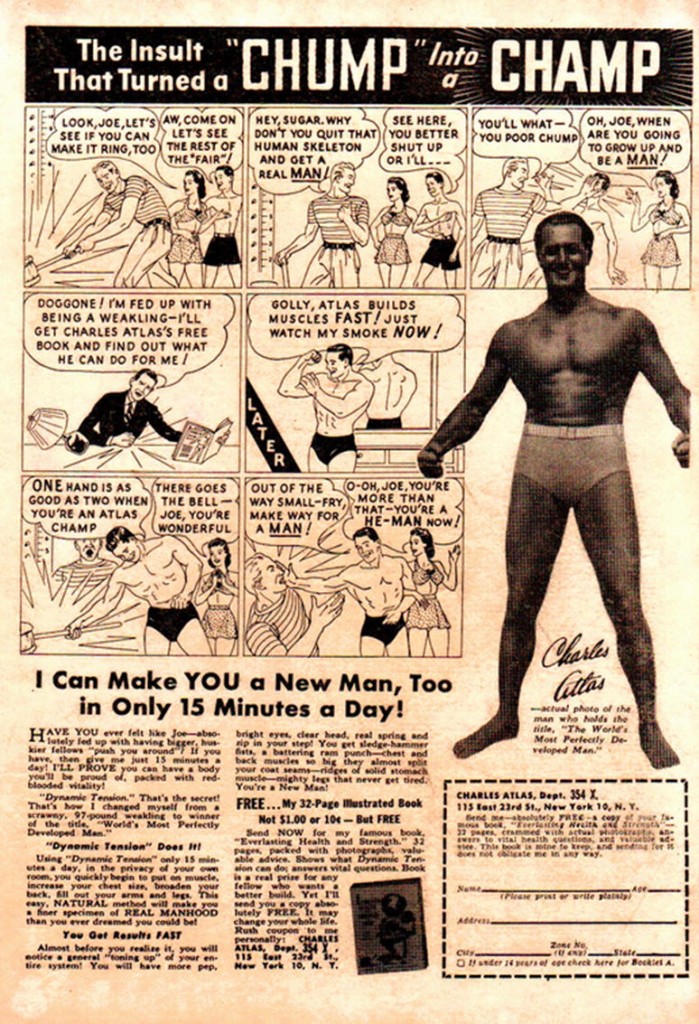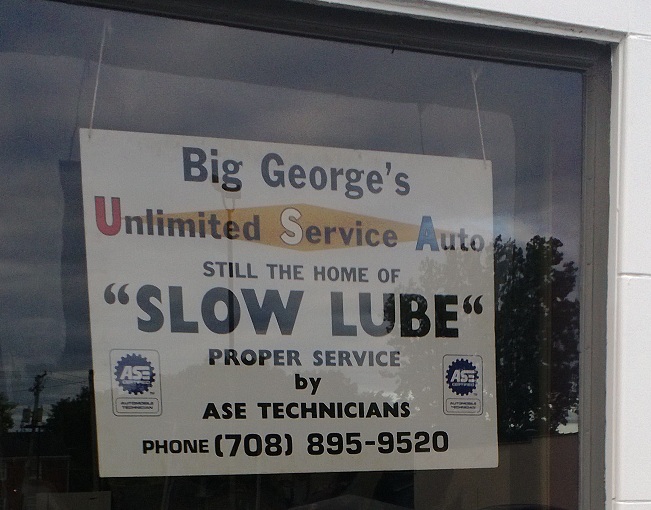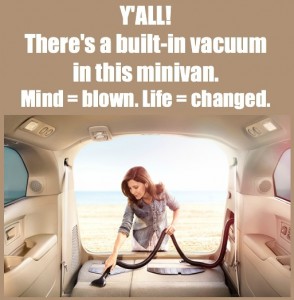The Dangers of Christian Copywriting
“…preach the gospel: not with wisdom of words, lest the cross of Christ should be made of none effect.” – 1 Corinthians 1:17 KJV
“…When I came to you…not with excellency of speech or of wisdom, declaring unto you the testimony of God…And my speech and my preaching was not with enticing words of man’s wisdom…” – 1 Corinthians 2:1,4 KJV
Ministry is not business. As such, ministries should not “market” in the traditional sense.
Not everyone will agree with this, but I’ve yet to find any way to justify using the idea that churches and para-church organizations should be treated the same way as secular businesses.
I’m not saying that marketing is bad. I’m not saying that persuasion is evil. Actually, I hold the opposite opinion.
But you can’t get around Scripture. In Paul’s first letter to the church at Corinth, he says a mouthful about his preaching and his approach to ministry.
Paul was among the most educated men of his day. He was a gifted orator with a brilliant mind, and he understood people (the human condition, the heart) probably as well as anyone in history. If anyone could have utilized “excellency of speech” or the “wisdom of words” to persuade his hearers, it would have been him.
But he refused to do so.
He knew that the gospel is a demonstration of God’s power, not of the speaker’s intelligence or ability to create emotional impact. Christians must rely on the Holy Spirit to convict and teach (John 16:8, 13).
As a copywriter, I spend a lot of time learning about persuasion, and I seek to gain mastery of the English language. But as a Bible teacher, I put all of that stuff to the side (Philippians 3:6). It would be harmful for me to depend on those skills to do work only God can do by His Spirit and His Word.
All I ask is this: any copywriters who are working to grow ministries, please don’t put your trust in your skills or abilities. God will build His church (Matthew 16:18) using his method: the Spirit (1 Corinthians 12:3) working through men and women committed to sharing His gift of eternal life with a dying world.
P.S. I don’t mean to imply that the words used to promote ministry should not be carefully chosen. They clearly do. Just listen to Ravi Zacharias or R.C. Sproul; these are brilliant men who can use language as skillfully as anyone on the planet. But they don’t rely on copywriting tricks, NLP or other gimmicks to get their points across. The content speaks, the audience listens and the Lord edifies.
——














